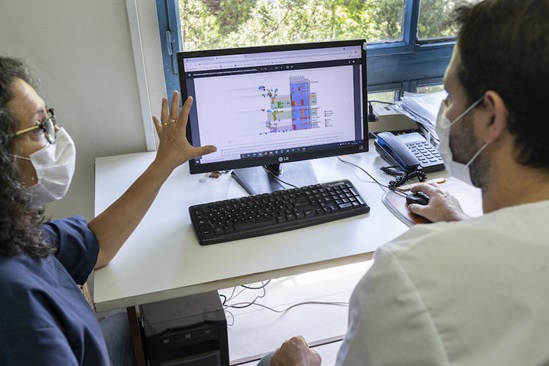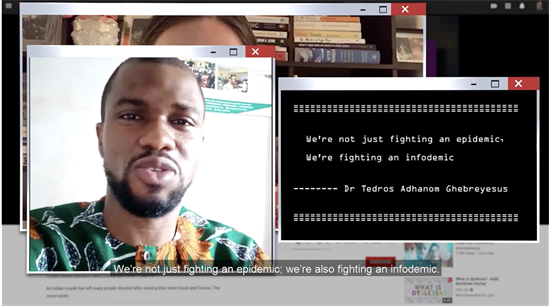Preparing and preventing epidemics and pandemics
The number of high-threat infectious hazards continues to rise; some of these are re-emerging and others are new. While outbreaks of vaccine-preventable infectious diseases, such as meningococcal disease, yellow fever and cholera, can have disastrous effects in areas with limited health infrastructure and resources, and where timely detection and response is difficult.
WHO develops global strategies for the prevention and control of epidemic-prone diseases, such as yellow fever, cholera and influenza. With partners from a wide range of technical, scientific and social fields, WHO brings together all globally available resources to counter these high-threat infectious hazards and scale these strategies to regional and country levels.
Flagship global strategies include:
- the Eliminate Yellow Fever Epidemics strategy 2017-2026;
- Ending Cholera: a Global Roadmap to 2030;
- the Pandemic Influenza Preparedness (PIP) Framework; and
- the Global Strategy for Influenza 2018-2030.
WHO is also the secretariat for the governance of global emergency stockpiles, including the International Coordinating Group on Vaccine Provision, which manages and coordinates the provision of emergency vaccine supplies and antibiotics to countries during major outbreaks.









